Nutrition Science
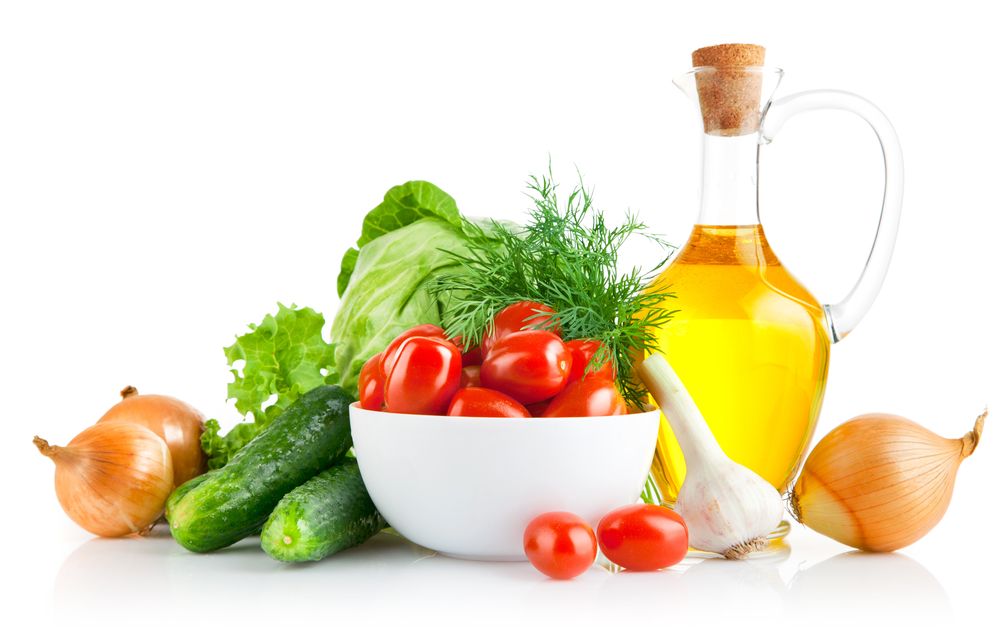
Eating well is becoming more and more of a science, with new research showing us which foods may lower our risk of disease, and which are increasingly pointed to as the culprits behind ill health. Researchers are looking to better understand how nutrients work in our bodies, with studies that analyze at the diets of people with heart disease, cancer, and other diseases, along with research aimed at helping people to lose weight, or maintain weight loss. From all this research, new advice constantly emerges for people who are dieting, or want to eat more healthfully. With news, features and reference pages, we will provide science-supported tips for improving your nutrition.
Latest about Food & Diet

Liquid-nitrogen-infused cocktail popped a man's stomach like a balloon
By Kamal Nahas published
Liquid nitrogen can be used safely in food preparation — but one man's stomach burst after he threw back a cocktail that had been cooled with the substance.
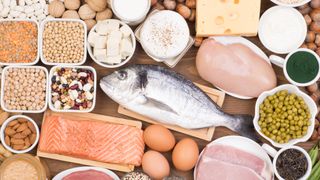
Is there such a thing as 'too much' protein?
By Christoph Schwaiger published
Daily protein requirements vary a bit person to person, but some evidence suggests consuming high amounts of protein could do more harm than good. Live Science spoke to experts to learn more.
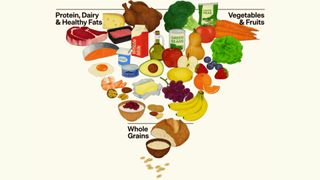
New US food pyramid recommends very high protein diet, beef tallow as healthy fat option, and full-fat dairy
By Nicoletta Lanese published
The federal government has released new dietary guidelines, introducing an emphasis on consuming meat and dairy and avoiding highly processed foods.

An otherwise 'fit' man had a stroke after drinking 8 'high-potency' energy drinks a day
By Nicoletta Lanese published
A man with few risk factors unexpectedly experienced a stroke, and his daily energy drink habit may have been to blame.

A woman's homemade juice led to life-threatening 'toxic squash syndrome'
By Nicoletta Lanese published
In the first reported case of its kind in Canada, a woman fell violently ill after consuming the juice of a bitter gourd.

A toxicologist explains when you can safely cut the moldy part off food, and when it's best to toss it
By Brad Reisfeld published
Molds and bacteria can produce dangerous toxins — and they don’t taste very good, either.
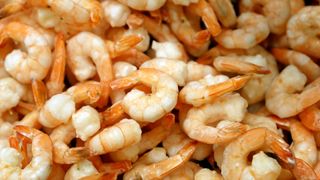
FDA recalls more bagged, frozen shrimp over possible radioactive cesium contamination
By Nicoletta Lanese last updated
The FDA is warning consumers not to eat certain frozen shrimp products sold at Walmart after other products from the same company tested positive for a radioactive substance.

Man sought diet advice from ChatGPT and ended up with dangerous 'bromism' syndrome
By Nicoletta Lanese published
A case report describes an incident in which a man seeking to make a dietary change consulted ChatGPT and later developed "bromism," a rare "toxidrome."

No-sugar sweetener erythritol may pose risk to cells in the brain
By Isha Ishtiaq published
A popular zero-calorie sweetener could injure cells in the brain's blood vessels, a lab study finds. Here's what we know so far.
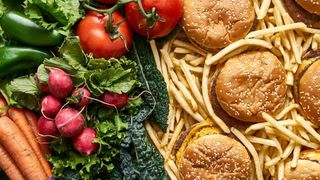
People on Ozempic start disliking meat and fried foods. We're starting to learn why.
By Lori Youmshajekian published
Some users of GLP-1 weight-loss drugs have been reporting strange changes in food preferences, such as a new dislike for meats or fried foods, and scientists are beginning to figure out why
Get the world’s most fascinating discoveries delivered straight to your inbox.
 Live Science Plus
Live Science Plus





